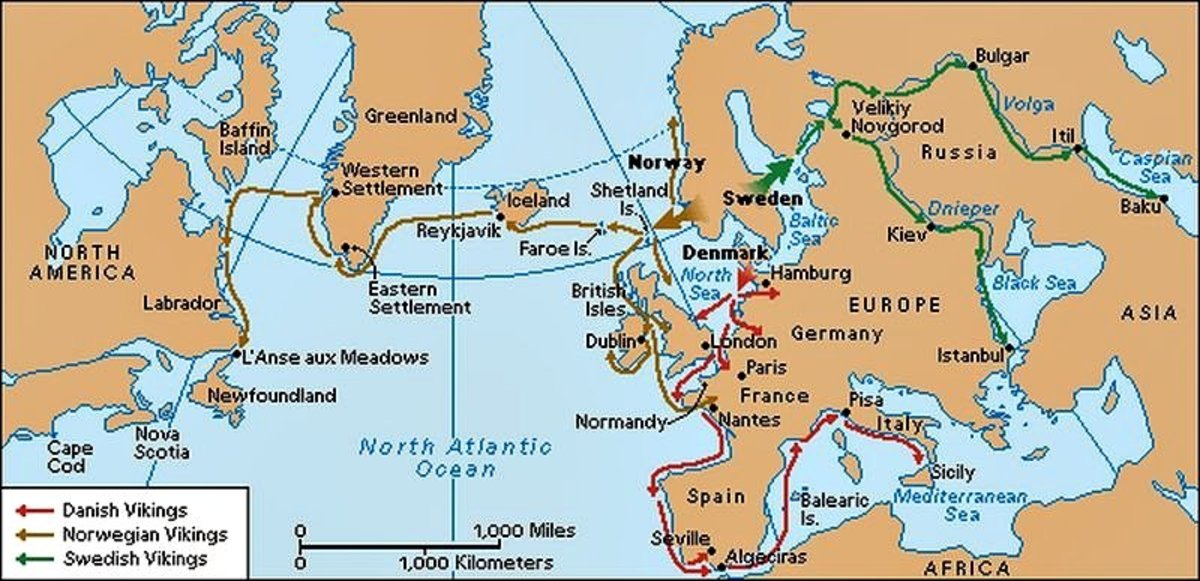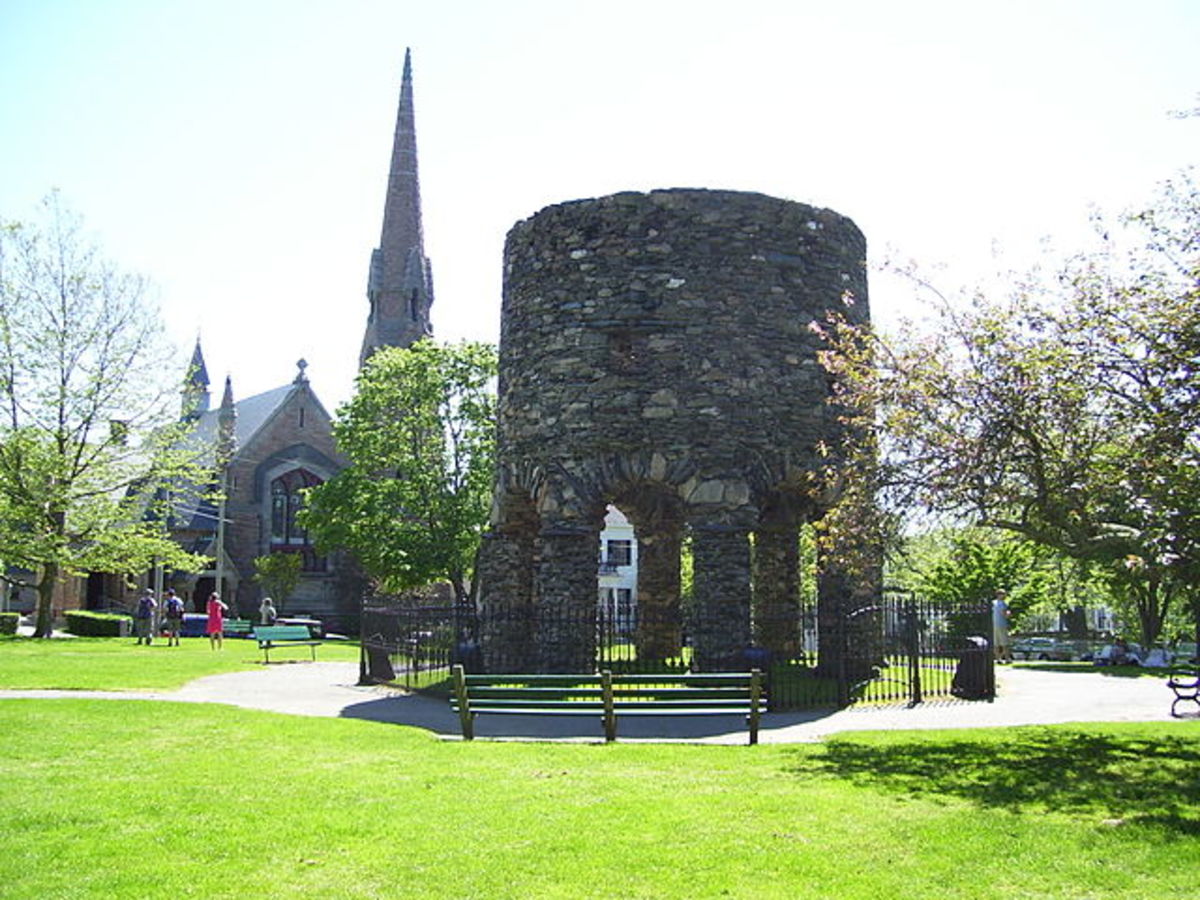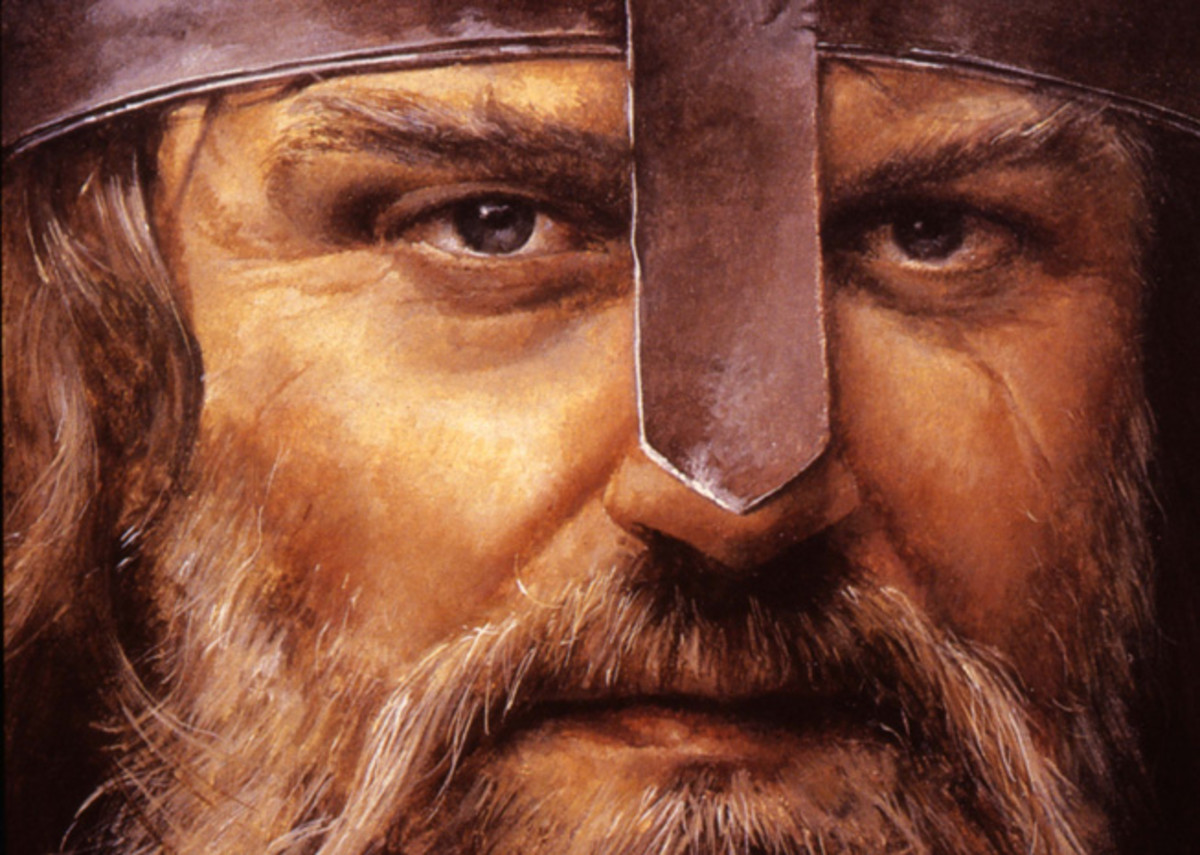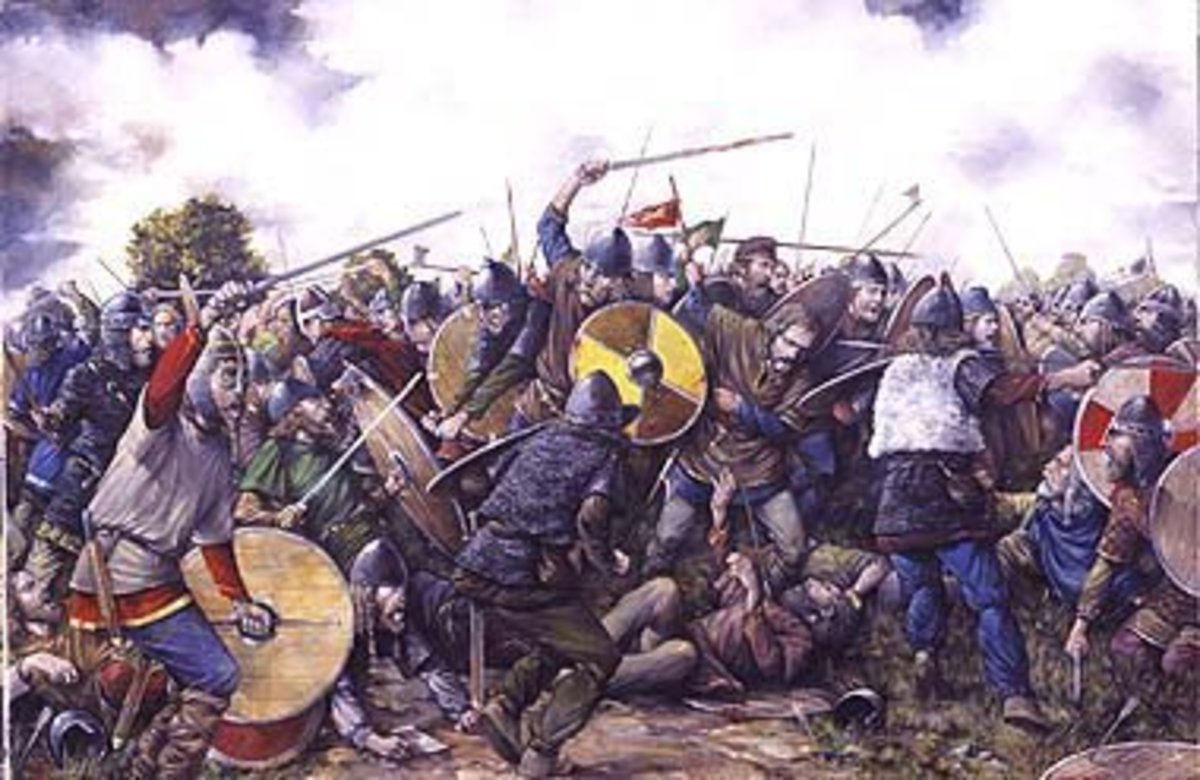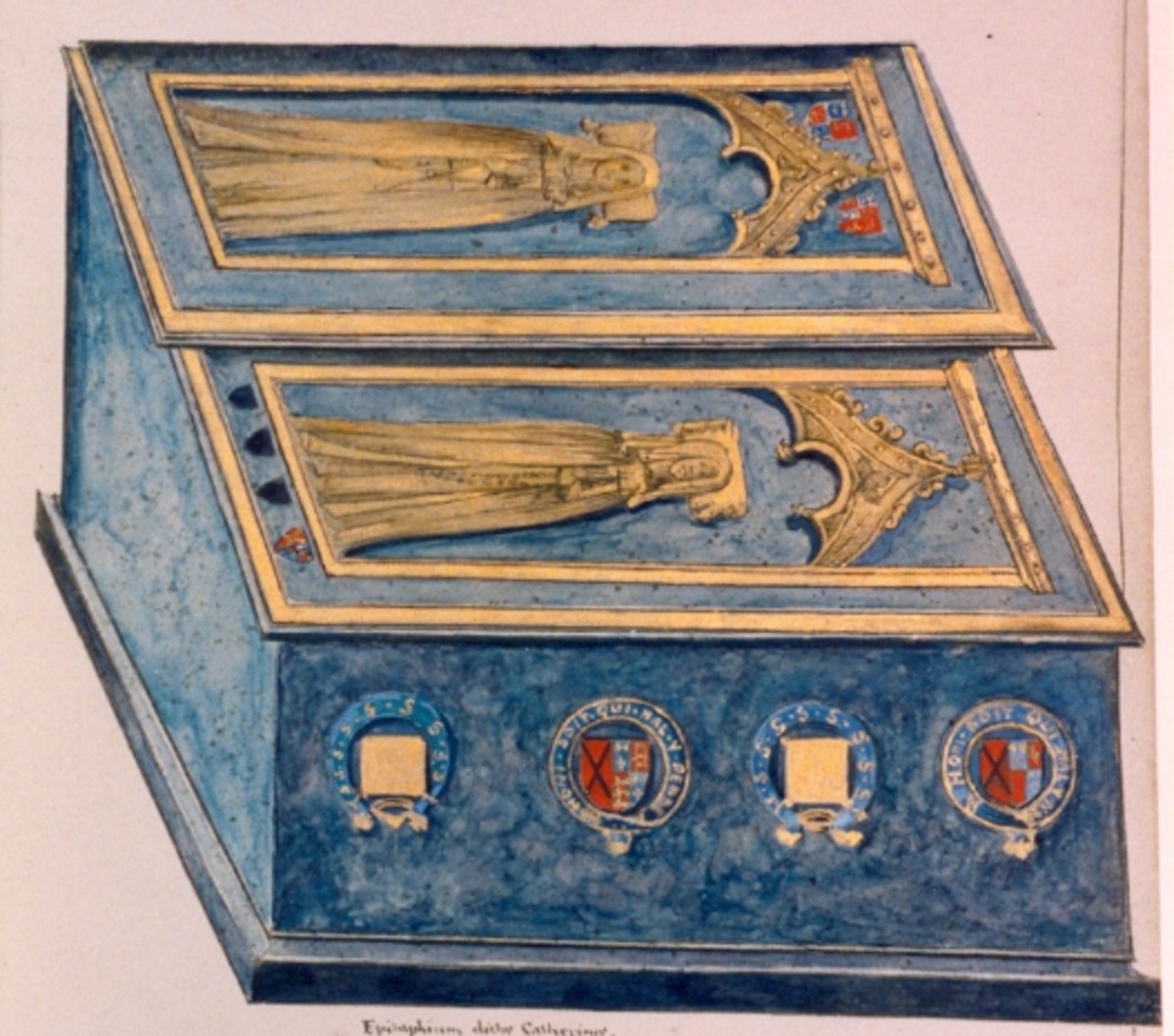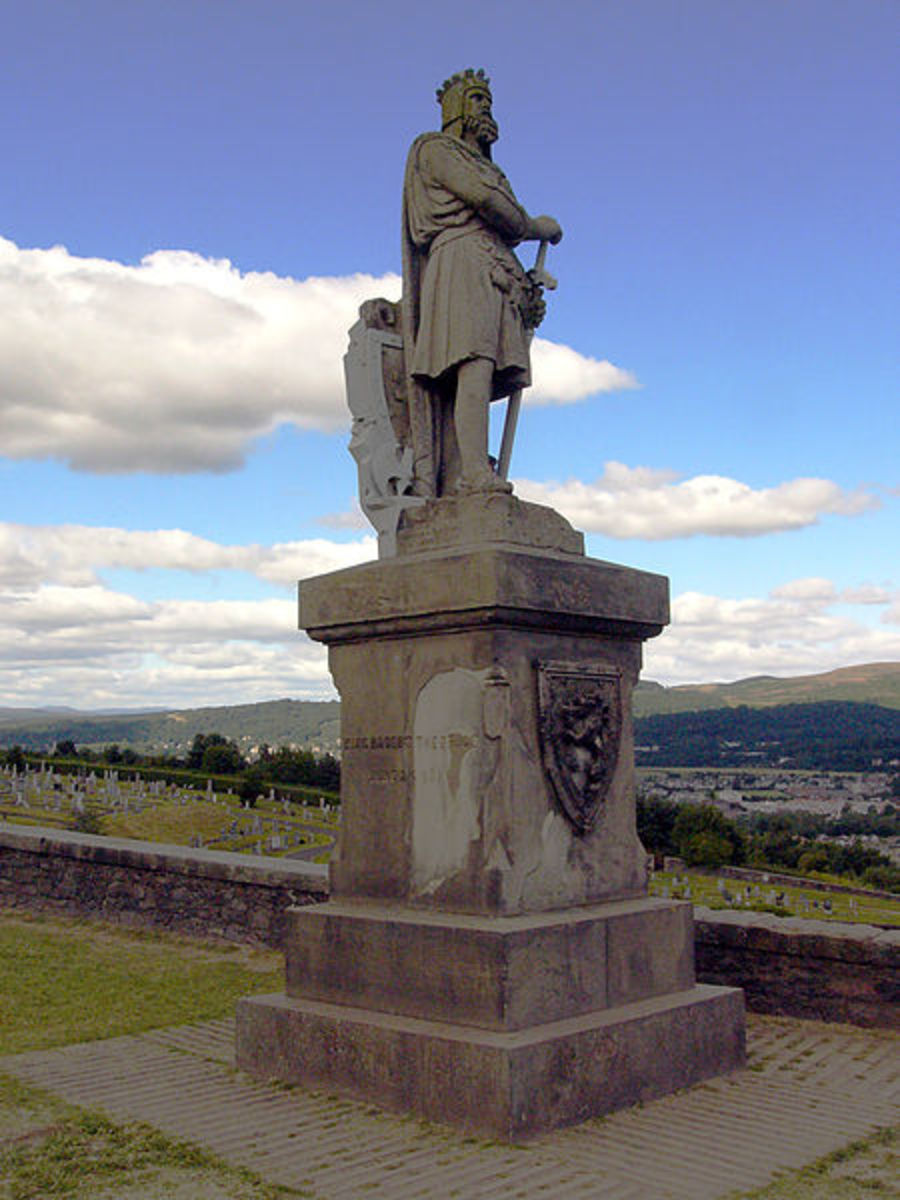What If the Viking Colony in America Had Been Successful?
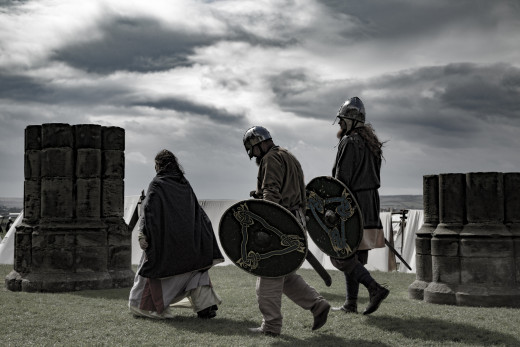
Who really discovered America? When was America discovered?
Christopher Colombus was not the first European to discover America. The Vikings hold that distinction, with a colony in Newfoundland just after the year 1000 AD. They named the colony "L'anse aux Meadows" and the land itself "Vinland."
Colombus would not set sail until nearly 500 years later. Colombus was, of course, trying to find another route to China, and was not trying to find a new land mass at all.
The Vikings were not welcomed. The Native Americans, referred to as Skraelings by the vikings, and were hostile. The vikings were familiar with combat, having sacked much of Western Europe.
It is not clear why the American colonies failed in the new world.
Photo by: Ardfern
What if the Viking colony in America hadn't failed?
While Europe was in the middle of the Dark Ages, I believe the vikings would be expanding across America. Being seafarers, I believe they would have first expanded along the Eastern seaboard of the now United States and across the north of Canada. The many waterways would provide routes of travel further inland.
The Vikings, while very militaristic and expansionist, were not a barbaric people.
Their society was very structured, and had writing (runic script). They had laws and paid taxes.
What would have happened differently?
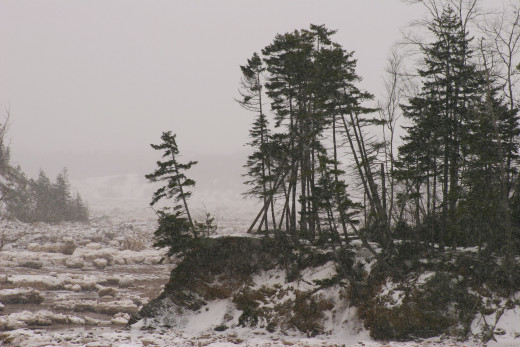
Had the Viking colonies flourished, the spread of European diseases would have happened much quicker in North America, decimating the native population, killing nearly 80% of them over the next 100 to 150 years, and leaving vast amounts of land free for the taking.
Whereas the arriving Europeans worked with the Native Americans at first, the Vikings would require much less help to survive the cold winters, having already experienced them every year in their homeland. The Vikings, with their metal weapons and armor, would decimate the natives.
Photo: "Hanging On" by Martin Cathrae
The Scandinavians expand - Given 500 years of growth, how far would they have expanded?
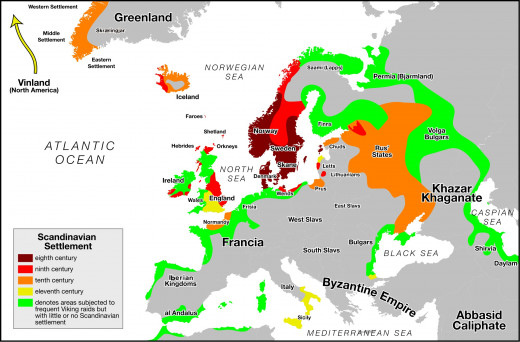
As you can see in the map above, the Scandinavians made it all the way to the new world over 4 centuries. They were fought by the Europeans as they expanded. In America, with disease and technology on their side, I believe they would have expanded even faster.
Colombus probably would have landed just as he did now, in present day Cuba. Much would have developed the same, the Americas being very remote to bolster Scandinavia proper. Still, for 500 years, Scandinavia would have been an even stronger power than it was.
The Vikings would be spreading across Canada and much of what we call New England. When John Cabot landed in Newfoundland, he and his crew would have already been sighted by the Vikings. Being European, and non-viking, the pilgrims would have been turned into thralls (sort of like a slave, but not quite as bad) or killed.
How much of Norse America would be populated?
We are in a unique position to answer this question. The first permanent settlement, Jamestown, was founded in 1607. About 400 years ago. Since then, America has grown from sea to shining sea. We have huge cities and have a population of over 300 million people.
Pretend the first permanent settlement was in 1000 AD, by the Vikings. Fast forward 500 years, the Vikings have taken over most or all of North America (just like we Americans did).
If anything, the Vikings would be more entrenched and populated than we are now, as they would have had free reign without European wars over territory to slow them down.
The British, French, Spanish, and Portuguese arrive to find a continent already inhabited.
What would be different today?
For one, we would all be speaking Norse, but more importantly...
Women. Women were considered property to the Vikings.
This sounds really bad, until you consider what being a woman meant in Europe at the time. Women weren't really protected at all in the rest of Europe, and lacked many basic human rights we take for granted today.
Women were protected by law in Scandinavia, and punishments for harming a woman escalated up to outlawry (essentially banishment), which usually ended in a quick death.
Women were allowed to hold and inherit property. Women could request a divorce AND could get her dowry returned if the divorce was approved.
Equal gender rights under law might have happened 500 years sooner!
I'm mostly Scandinavian (about 62.5%) plus 25% Scottish and 12.5% German, so I have a lot of cultural history to cover.
What history does your culture or family have?


